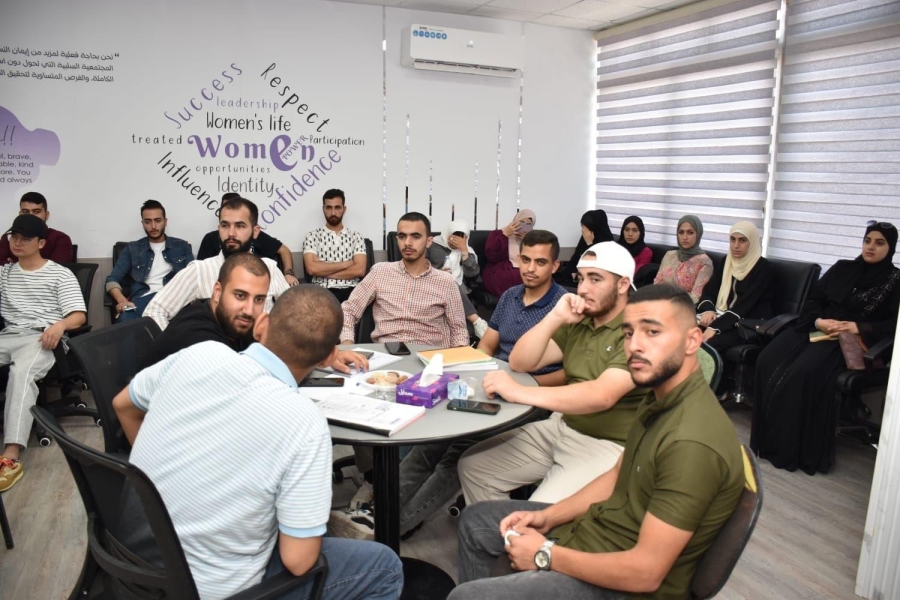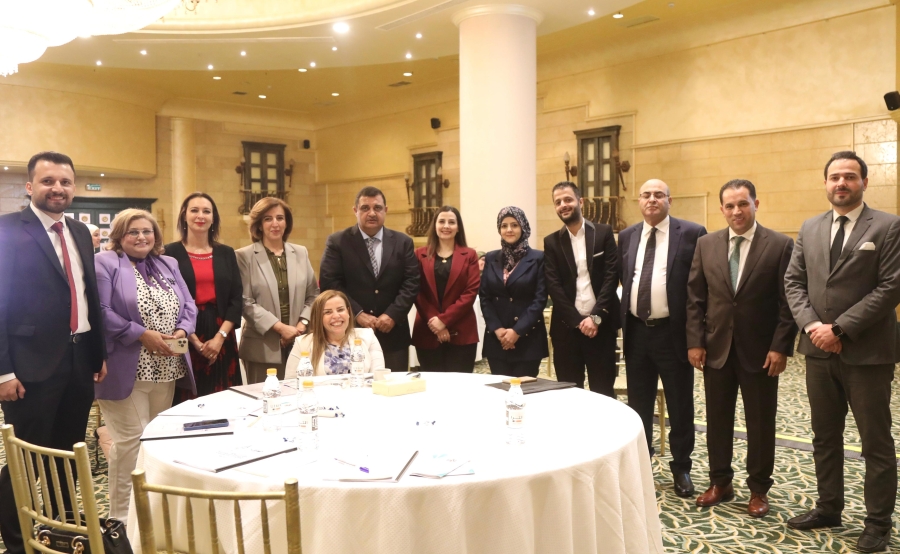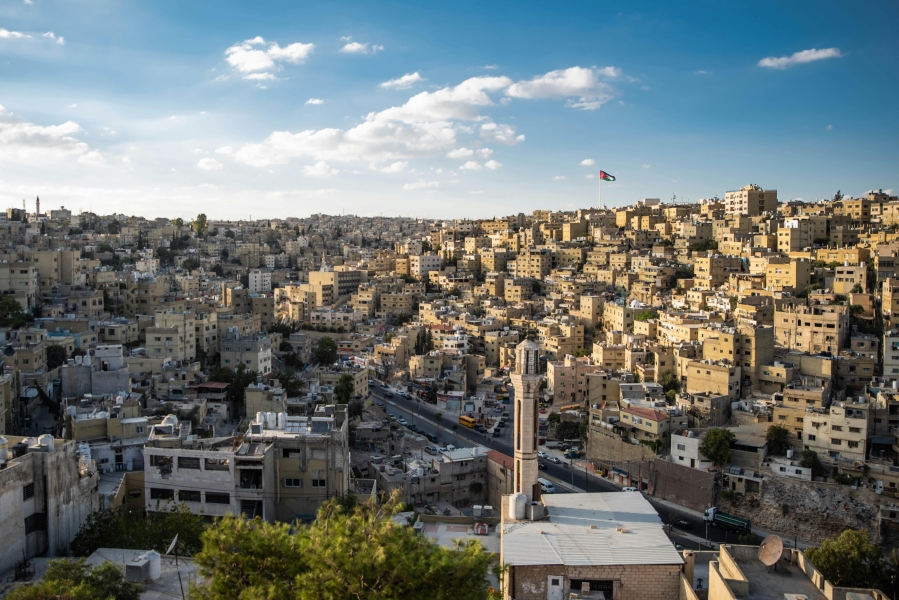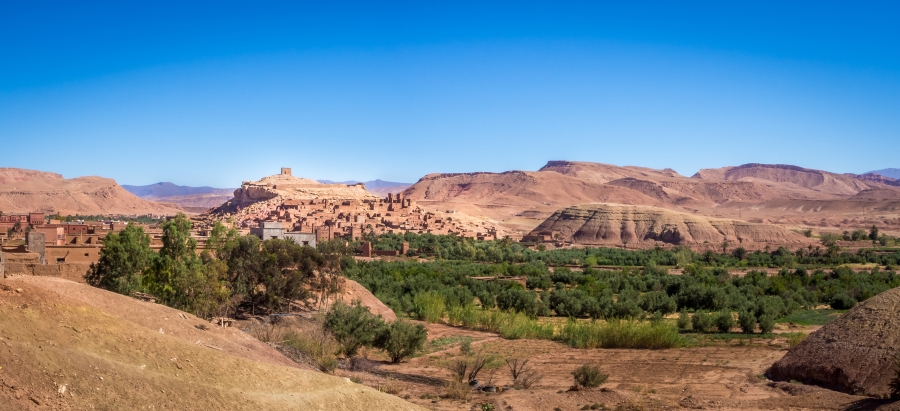دراسة (تعزيز مشاركة الشباب في الانتخابات النيابية في الأردن)

الملخص التنفيذي:
تستكشف الدراسة الأسباب والتحديات التي تعيق مشاركة الشباب كناخبين في الانتخابات النيابية في الأردن، واقتراح استراتيجيات فعّالة لتعزيز هذه المشاركة، كما تهدف التعرف الى واقع مشاركة الشباب كناخبين في الانتخابات النيابية في الأردن، ويسعى البحث إلى تقديم توصيات تستند إلى الأدلة لتعزيز دور الشباب في العملية الانتخابية.
استخدمت الدراسة المنهج النوعي لجمع البيانات وتحليلها وذلك من خلال: المراجعة المكتبية لمختلف الدراسات والأدبيات والمؤشرات ذات العلاقة والمؤشرات الإحصائية كافة والتقارير الوطنية، كما تمَّ عقد ما مجموعه (4) جلسات نقاش مركزة منفصلة بحسب الجنس، حيث بلغ عدد المشاركين (41) مشارك ومشاركة موزعين في محافظة عمان روعي فيها تنوع المكان (عمان الشرقية، عمان الغربية)، كما أجري ما مجموعه (9) مقابلات معمقة مع أصحاب المصلحة. لتصل الدراسة الى النتائج التالية:
أولا: واقع مشاركة الشباب في الانتخابات في الاردن
·بينت نتائج الدراسة الى ان نسبة مشاركة وإقبال الشباب على الانتخابات قد ارتفعت ولكنها ما زالت مقيدة ومحصورة مقارنة بالفئات العمرية الأخرى، حيث شارك بما نسبته (36.5%) من المبحوثين والمبحوثات في الانتخابات الماضية عام 2020، بما نسبته (26.8%) للذكور مقارنة بما نسبته (9.7%) للإناث.
·كان هناك تأثير كبير للقبيلة والعشيرة على مشاركة الشباب في الحياة السياسية، وكان بعض الشباب المشاركين في الانتخابات يعانون من الضغوط العشائرية والقبلية حيث أشار ما نسبته (24.3%) من المبحوثين والمبحوثات انهم تعرضوا للضغوطات القبلية لا سيما الإناث من اجل ان يشاركوا في الانتخابات الماضية عام 2020.
·مشاركة الاشخاص من ذوي الاعاقة في الانتخابات النيابية في الاردن تتحسن وتتقدم بشكل تصاعديا الا انه على الرغم ذلك من تبقى أقل من المستوى المطلوب وذلك يعود الى شعورهم بالإقصاء والتهميش.
·يظهر التمايز ما بين مدينة عمان الشرقية وعمان الغربية حيث كان المشاركون في مدينة عمان الغربية أقرب الى نموذج المواطنة السياسية، حيث أشار ما نسبته (12.2%) من المشاركين غالبيتهم من الذكور من منطقة عمان الغربية الى أنهم قد شاركوا برغبة حرة.
·يُظهر العديد من الشباب الأردنيين المشاركين في الدراسة عزوفًا عن الانخراط في الأنشطة السياسية التقليدية، بما في ذلك التصويت، حيث أشار ما نسبته (63.4%) من المشاركين عدم مشاركتهم في الانتخابات النيابية الماضية، في حين أكد ما نسبته (46.3%) منهم عدم رغبتهم في المشاركة في الانتخابات النيابية عام 2024.
·أظهرت النتائج دورا كبيرا للحملات الانتخابية في جذب الشباب للمشاركة في الانتخابات، خصوصا عندما تكون تركز على القضايا التي تهم الشباب مثل التعليم، فرص العمل، البطالة، إلا أن الحملات التي تعتمد على الشعارات التقليدية دون تقديم برامج واقعية لم تلقَ استجابة كبيرة من الشباب.





